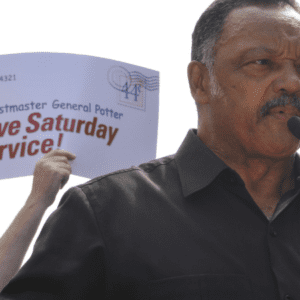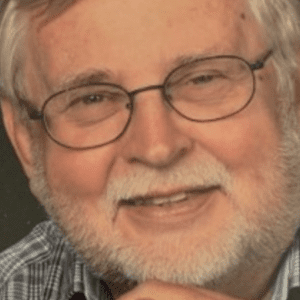August 25, 2016
Workshops Reflect Spirit of Activism
The APWU Research and Education Department offered more than two dozen pre-convention workshops on a range of subjects on Friday, Aug. 19.
Among the new workshops was Labor History Comes Alive. “Labor history should never be, ‘This happened and this happened and this happened,’” said instructor Greg Poferl. “History is about stories.” To prove the point, he distributed postcards featuring images and quotes depicting labor history, which participants interpreted.
The first postcard featured an image of Tampa cigar workers – most of them Cuban immigrants – from 1931. Sitting on a tall chair above the workers was a “lector,” who read aloud to employees while they worked. The reading was a union-won benefit.
The lector read newspaper articles in English to help the cigar makers learn their new language; he read classic Spanish literature so they could enjoy their traditional culture, and – undoubtedly – he read some union news, Poferl said. When the bosses tried to get rid of the lector, workers engaged in the “first strike for culture.”
Saving the People’s Post Office
A workshop on Saving the People’s Post Office focused on building community coalitions, mentoring union members and expanding union membership.
“A lot of members don’t know about the union, but we think they do,” said Executive Vice President Debby Szeredy, who led the workshop. “We have to make them understand that the union isn’t something scary, it isn’t something that you only pay dues to. It’s something you have to get involved in.”
Participants discussed creative ways to get workers involved, such as holding conversion parties, voter registration drives, and health and safety meetings.
Szeredy stressed that organizing isn’t about teaching, it’s about building relationships. “We are all part of a movement. We are a family. We spend a lot of time together and have to stick together to better our work environment,” she added.
More Traditional
A more traditional workshop, Labor Law Fundamentals, explored topics such as what constitutes an Unfair Labor Practice and workers’ Weingarten rights (the right to have union representation if an employee requests it in an interview that may lead to disciplinary action) among other topics.
Participants engaged in give-and-take with the workshop instructors, APWU attorneys Jerry Fugit and Anton Hajjar, on management surveys of employees. “Polling is unlawful to help management in negotiations or Interest Arbitration,” the attorneys said. Since employee participation in polls is typically voluntary, the best way to fight back is to urge workers to boycott them.
It was a packed house for the PSE Issues workshop, which explained in detail benefits Postal Support Employees won under the new contract. “Our purpose in life is to get these people to be career,” said Clerk Craft Assistant Director Lynn Pallas-Barber, who led the workshop with National Business Agent James Scoggins.
In the meantime, PSEs and others had a chance to ask questions about a host of issues, including eligibility for health insurance, higher-level pay, work-hour limitations, night differential pay, leave, unscheduled absences, holiday pay, uniform and work clothes allowances and more.
How members perceive their union can often be determined by the quality and frequency of communication, and that was the focus of the workshop, “Reaching the Membership: Communicating at the Local Level.” The discussion, led by Postal Press Association President Tony Carobine, highlighted various communication methods, with emphasis on union publications. The session also examined the importance of member-oriented labor journalism, which involves reporting about the union through the experiences of its members. Effective communication, especially at the local level, can work to help increase membership loyalty and commitment.



